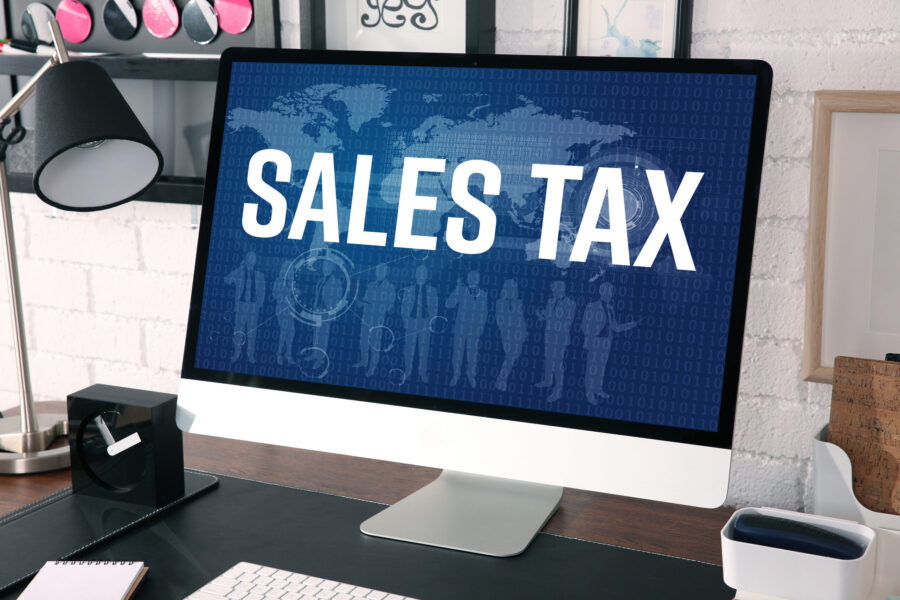
Investing in tax lien properties can be a great way to generate income. However, it does come with risks. If you’re not careful, you could lose more money than you make.
When it comes to investing in tax lien properties, there are a few things you need to take into consideration.
Understanding Tax Lien Properties and How They Work
A tax lien is a claim the government makes on a property to collect unpaid taxes. The government can place a lien on both commercial and residential properties. If the property owner doesn’t pay their taxes, the government can impose a foreclosure of the right of redemption through annual tax sales. This means the government can essentially sell the property to recover the money owed.
When you purchase a tax lien property, you’re essentially buying the debt that’s owed on the property. You’re not buying the property itself. If the property owner doesn’t pay off the debt, you can foreclose on the property and become the new owner.
Investing in tax lien properties can be a great way to make money, but it’s crucial to understand how the process works and the risks before you get started.
Factors To Consider Before Investing in Tax Lien Properties
If you’re thinking about investing in tax lien properties, there are a few things you need to take into consideration first:
Consider What Type of Property You Want To Buy
There are pros and cons to both commercial and residential properties:
- Commercial properties are more expensive than residential properties. They also take longer to sell and generally have a higher foreclosure rate. However, commercial properties also offer a higher return on investment.
- Residential properties are typically less expensive and easier to sell. However, they also tend to have a lower return on investment.
It’s important to consider what type of property you’re interested in before you invest.
Research Available Properties
It’s crucial to research available properties. You can find tax lien properties information online or contact your local government office. Once you’ve found a few properties you’re interested in, you must do your due diligence.
Make sure to research the property itself, as well as the surrounding area. You should also research the property owner. Try to find out how much they owe in taxes and whether or not they’re likely to pay off the debt.
Collect Payments From the Property Owner
Once you’ve purchased the lien certificate, the owners will be responsible for paying back the amount they owe, plus interest.
If the owner doesn’t make their payments, you can foreclose on the property and claim ownership.
The Bottom Line
Investing in tax lien properties can be a profitable venture. However, it’s important to understand the process and the risks. If you do your due diligence and research properties carefully, you can minimize your risks and maximize your profits.
To maximize your chances of success, consult with expert tax lien lawyers in Frederick. Maryland’s LewisMcDaniels can help you navigate the tax lien process. Schedule a consultation today.












